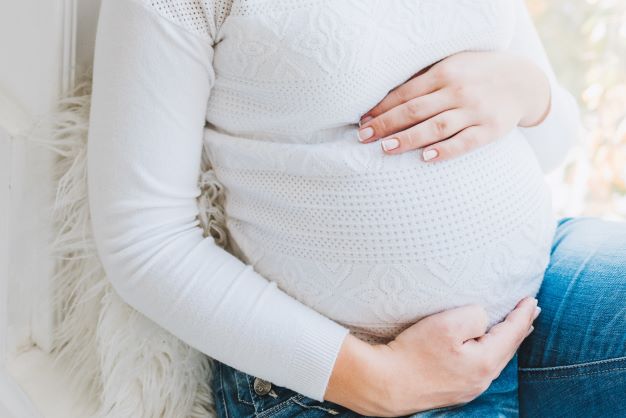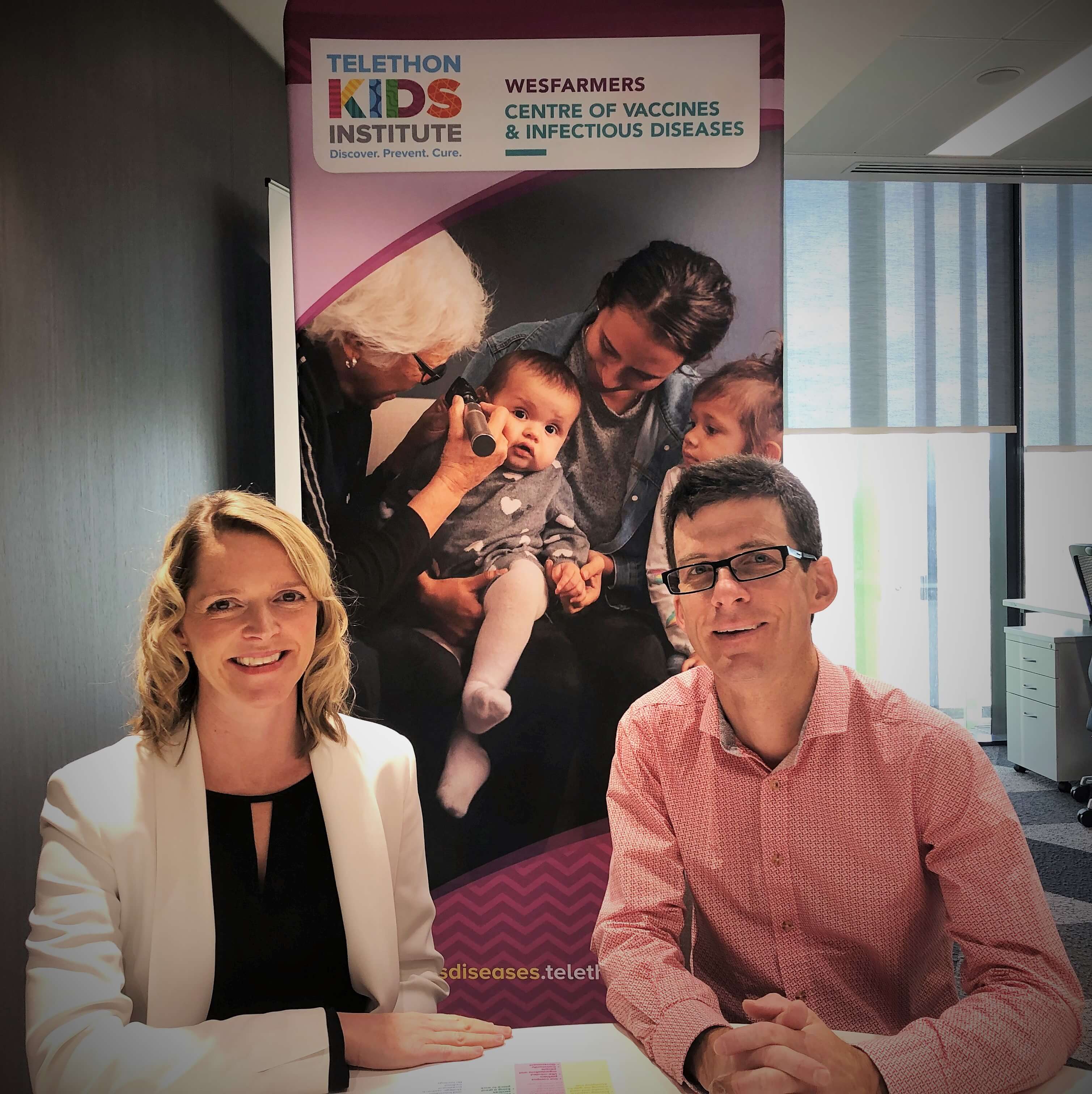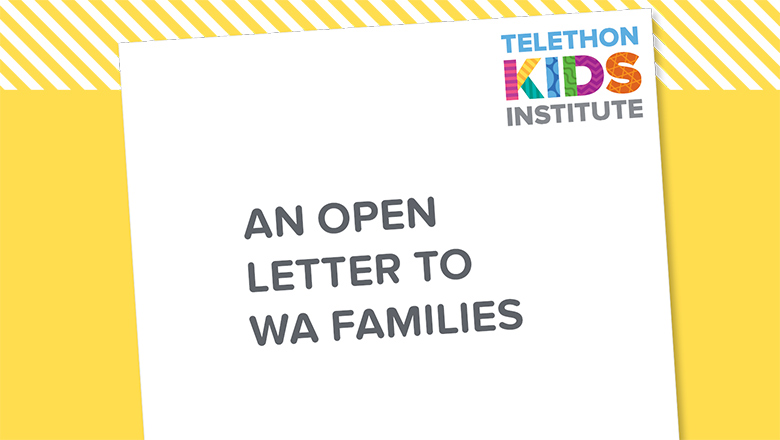Search
Research
Vaccine Effectiveness Against Laboratory-confirmed Influenza in Healthy Young Children A Case-Control StudyThe Western Australian Influenza Vaccine Effectiveness study commenced in 2008 to evaluate a new program to provide free influenza vaccine to all children...
Research
Assessing the protective effect of influenza vaccine against laboratory confirmed influenza in hospitalised children aged 6-59 monthsInfluenza vaccine was offered to all children aged 6-59 months resident in Western Australia in 2008, and we wished to evaluate the effectiveness of this immunisation programme.

News & Events
RSV prevention finally in reach after 20 years of research at The Kids Research Institute AustraliaWorld-first immunisations providing protection against deadly respiratory syncytial virus (RSV) could be just months away thanks to global research efforts spanning multiple decades.

News & Events
Free vaccines for pregnant mums see monumental rise in protection for WA babiesNew collaborative research involving almost 600,000 pregnant mothers has demonstrated a dramatic increase in uptake of the whooping cough (pertussis) vaccine after identifying just 22 per cent of WA women had the maternal vaccination between 2012 – 2017.

News & Events
New Co-directors for the Wesfarmers Centre of Vaccines and Infectious DiseasesDr Lea-Ann Kirkham and Dr Chris Blyth have been appointed as Co-Directors

News & Events
Vaccination Q&A with Dr Chris BlythImmunisation plays an important role in preventing disease within our community. Watch Dr Chris Blyth answer some commonly asked questions about vaccines.

News & Events
An open letter to WA familiesMy colleagues and I at Perth's The Kids Research Institute Australia study how to make current vaccines work better, reduce common side effects, and develop new vaccines.
News & Events
New vaccine may provide broader protection against cervical cancerJust under 150 Perth women have contributed to major international research at the Telethon Institute for Child Health Research.
News & Events
Perth researchers to trial bird flu vaccinePerth researchers have begun a trial to test the effectiveness of a new vaccine to protect against the potentially deadly bird flu.
Research
Associations between ethnicity, social contact, and pneumococcal carriage three years post-PCV10 in FijiIndigenous iTaukei had greater frequency and intensity of contact compared with Fijians of Indian Descent
